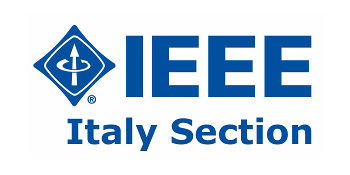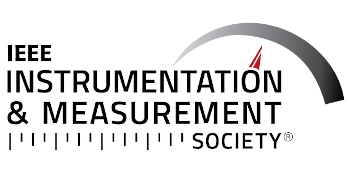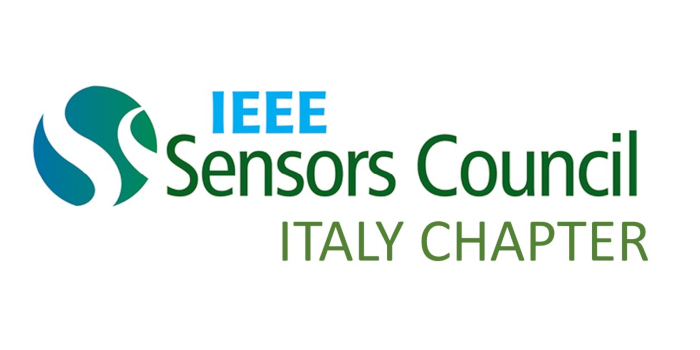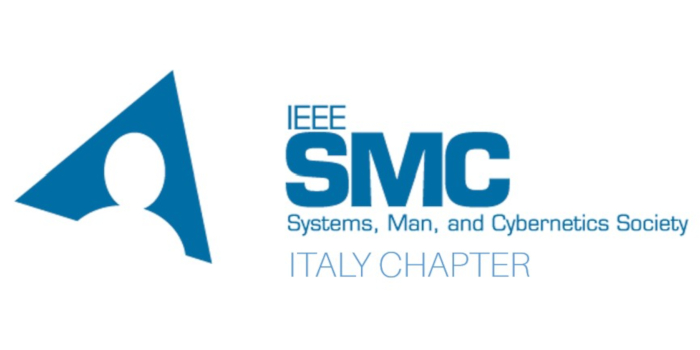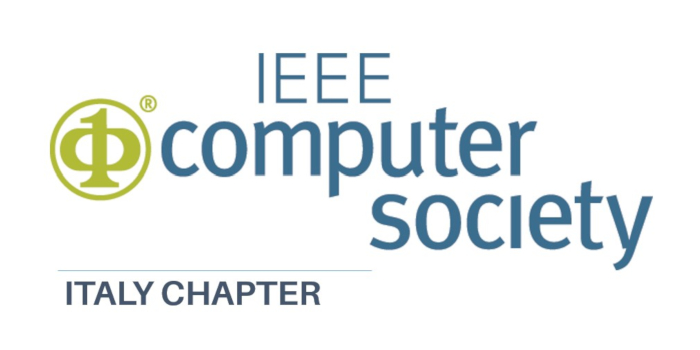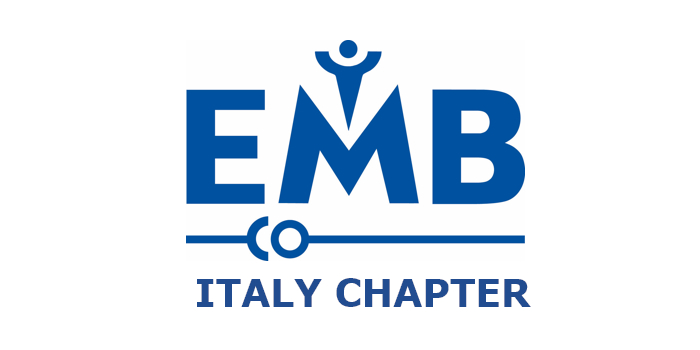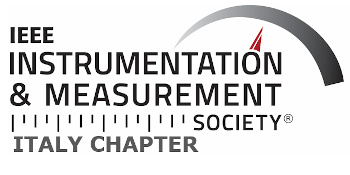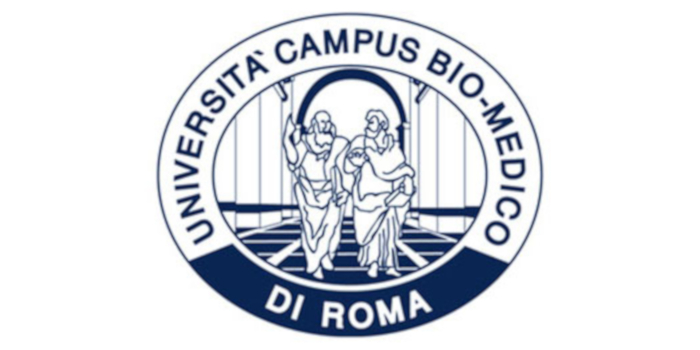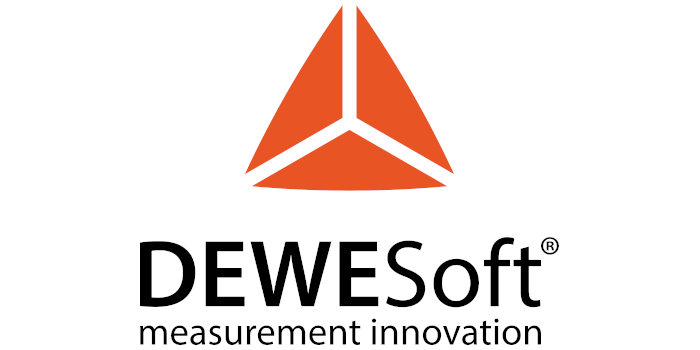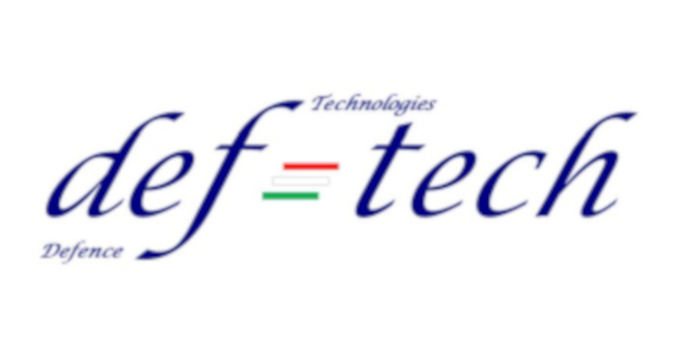WEARABLE SENSORS AND DEVICES FOR UNOBTRUSIVE HUMAN ACTIVITIES AND PHYSIOLOGICAL MONITORING
ORGANIZED BY
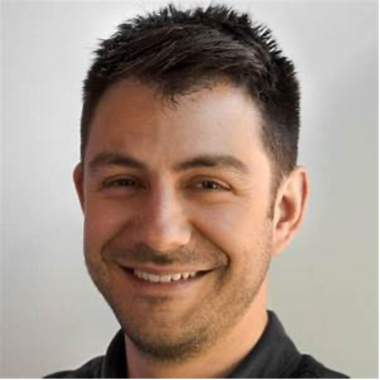
Carlo Massaroni
Università Campus Bio-Medico di Roma, Italy

Colin K Drummond
Case Western Reserve University, United States

Beth Lewandowski
NASA Glenn Research Center, United States
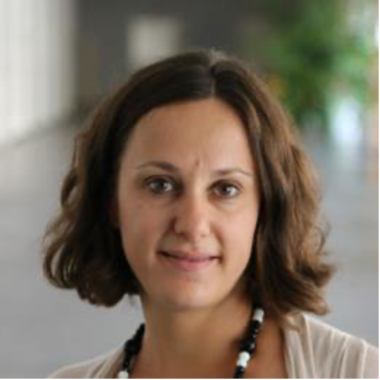
Luisa Petti
Free University of Bozen-Bolzano, Italy
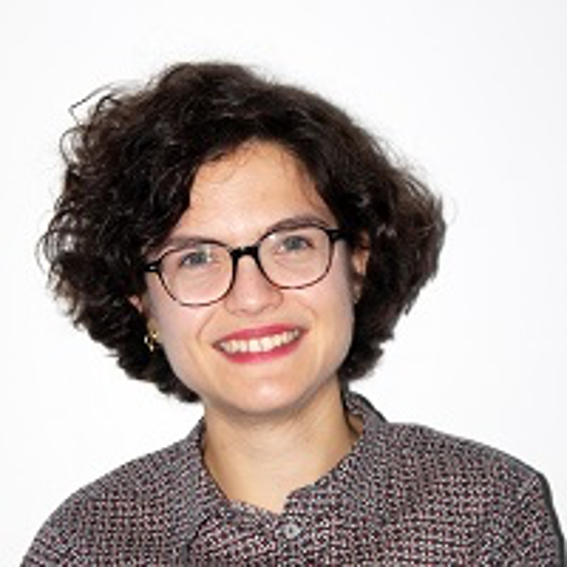
Martina Aurora Costa Angeli
Free University of Bozen-Bolzano, Italy
ABSTRACT
Wearable sensors and devices have become popular for monitoring a wide range of human activities and physiological signals in different scenarios. Increasing interest in measuring human health and performance is driven by reliable and valuable quantitative measures in a convenient, inexpensive and unobtrusive way. The measurement of mechanical (e.g., velocity, acceleration, distances, impact), physiological (e.g., heart and respiratory rates, pulse, oxygen saturation, skin temperature) and chemical signals (e.g., analytes from bodily fluids such as sweat or saliva) can provide insights for a continuum of end users, spanning anyone from the everyday person to an elite level athlete to military personnel. Of contemporary interest are wearable system strategies supporting analytics used in diagnoses by medical professionals and in training plans by sports scientists.
The special session aims to discuss topics from novel sensors and devices to advanced algorithms, simulation and modeling strategies for physical and cognitive assessment, novel biomarkers for non-traditional measures, and real-time and realistic data streaming.
TOPICS
In this context, topics of interest of this special session include, but are not limited to:
- Sensors and soft sensors;
- Wearable sensors and devices;
- Metrological characterization of sensors for physiological monitoring;
- Metrics, algorithms and signal processing techniques;
- Physiological and physical variables, signals, and techniques (e.g., respiratory frequency, glycaemia, blood lactate, electrocardiography, electromyography, photoplethysmography);
- Internet of things for wearables and unobtrusive monitoring systems;
- Reliability, validity and accuracy of sensors and measuring systems;
- Processing for accurate signal estimation;
- Simulation and modeling strategies for physical and cognitive assessment;
- Electronics for Biosignals and Biopotentials;
- Electronics interfaces and embedded sensor systems for biomedical application;
- Wearable Sensors for Plant Health Monitoring.
ABOUT THE ORGANIZERS
Dr. Carlo Massaroni received his BSc (2010) and MSc (2012) in Biomedical Engineering and Ph.D. in Bioengineering (2017) from Università Campus Bio-Medico di Roma (UCBM). Currently, he is Assistant Professor at UCBM. His research interests are focused on the design, development, and tests of sensors, measuring systems and devices for mechanical and thermal measurements, with particular emphasis on the design of wearable and unobtrusive systems for the measurement of vital parameters and joints motion. Among others, he is principal investigator in ongoing national projects on the development of wearable technologies for non-invasive measurement in the medical, occupational and sports fields and on design of unobtrusive or minimally-invasive measuring systems based on fiber optics for medical and industrial applications. He is a Senior Member of the IEEE, IEEE Instrumentation and Measurement Society, IEEE Engineering in Medicine and Biology. He is currently the Chair of the “Wearable Sensors” TC of the IEEE Sensors Italy Chapter and Associate Member of the "Wearable Biomedical Sensors & Systems" TC of the IEEE EMB.
Prof. Drummond Colin K, In January 2015, re-joined the Department of Biomedical Engineering as Professor and Assistant Chair, to lead efforts in undergraduate education with a specific focus on expanding experiential design courses and professional practice preparation. Prof. Drummond research focuses on educational pedagogy, healthcare IT, entrepreneurship and innovation. Most recently, Prof. Drummond was with the School of Nursing. From 2008-2013, he was the Director of the Coulter-Case Translational Research Partnership (CCTRP) in the Department of Biomedical Engineering. He received his Ph.D. degree in Mechanical Engineering from Syracuse University in 1985 and an MBA in Technology Management from the Weatherhead School of Management in 1997. Prof. Drummond has conducted research in the areas of medical device design, microfabrication packaging, sensor systems, and cross-platform software systems integration. For over two decades he has worked in the application of science and technology to the creation of products and services.
During 2004-2007, Colin was the Director of Clinical Research for non-acute medical products at the Invacare Corporation, specializing in respiratory therapy (primarily oxygen therapy), sleep disorder research, and establishing a new clinical research program strategy. Prior to joining Invacare in 2000, Colin was the Manager of Marketing and Business Development for the Powder Systems Group at the Nordson Corporation, focusing on product development, international high-technology manufacturing coating system start-ups, and eBusiness initiatives. Earlier, Colin spent 8 years at the NASA Lewis Research Center developing programming techniques for complex aircraft system analysis and turbomachinery stability. He holds three product patents and has a fourth pending.
Dr. Beth Lewandowski, is a Biomedical Research Engineer within the Low-gravity Exploration Technology Branch at the NASA Glenn Research Center in Cleveland, OH. At NASA, she has conducted research on the impact of spaceflight on astronaut health and performance. Her research topics have included bone fracture and injury risk assessment and the effects of exercise countermeasures on the musculoskeletal system. In addition, she has performed research on cognitive state monitoring of pilots to improve aviation safety and has spent time at the Cleveland Clinic investigating electroencephalographic data processing methods in support of stroke rehabilitation research. Dr. Lewandowski is currently a project scientist within the NASA Crosscutting Computational Modeling Project and the NASA Advanced Exercise Concepts Project. She received a Bachelor’s degree in Electrical Engineering from Cleveland State University, a MS degree and a PhD degree, both in Biomedical Engineering, from Case Western Reserve University.
Prof. Luisa Petti, received the M.Sc. degree in electronic engineering from Politecnico di Milano (Italy) in 2011, and the Ph.D. degree in electrical engineering and information technology from ETH Z ̈urich (Switzerland) in 2016. After a short post-doc at ETH Zurich, she joined first Cambridge Display Technology Ltd in October 2016 and then FlexEnable Ltd in December 2017 in Cambridge, UK as a Scientist. She is currently an Associate Professor with the Free University of Bozen-Bolzano, Bolzano, Italy. She is vice-head of the Sensing Technologies Laboratories (STL), an interdisciplinary research group on the fabrication of flexible electronics and sensors for a wide range of applications including food engineering, biotechnology, medicine and wearable sensors. In particular, her research activity aims at the realization of fully autonomous systems incorporating sensing, energy harvesting, storage, read-out, and wireless communication functionality. She is a senior member of IEEE (EDS, SSCS, CAS, EMBS, YP, WIE), member of the Flexible Electronics and Display TC of the IEEE EDS, and recipient of the 2019 IEEE EDS Early Career Award.
Martina Aurora Costa Angeli, received her bachelor's (2013) and master’s degree in biomedical engineering (2016) from Politecnico di Milano, Milano, Italy, where she also obtained a Ph.D. in materials engineering in 2020 with a thesis entitled “Inkjet-printing technique for deformable strain sensors”. Currently, she is an assistant professor at the Sensing Technologies Lab of the Free University of Bolzano- Bozen and her current research work is focusing on the design and fabrication of wearable sensors for human monitoring. Particularly, she investigates the possibility to realize wearable physical and chemical sensors and electrodes for human monitoring in different application fields (sports, clinics, home-care).


